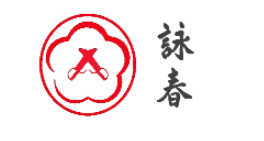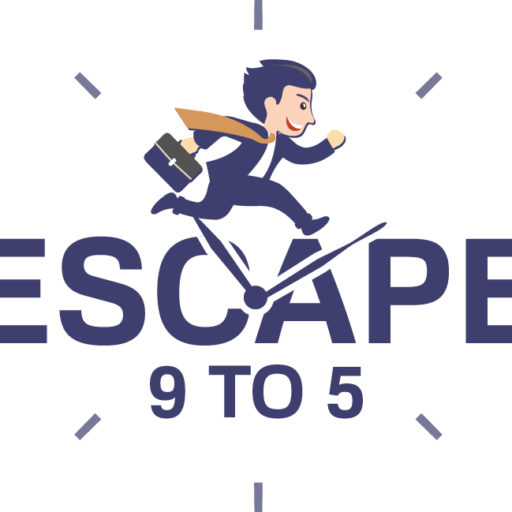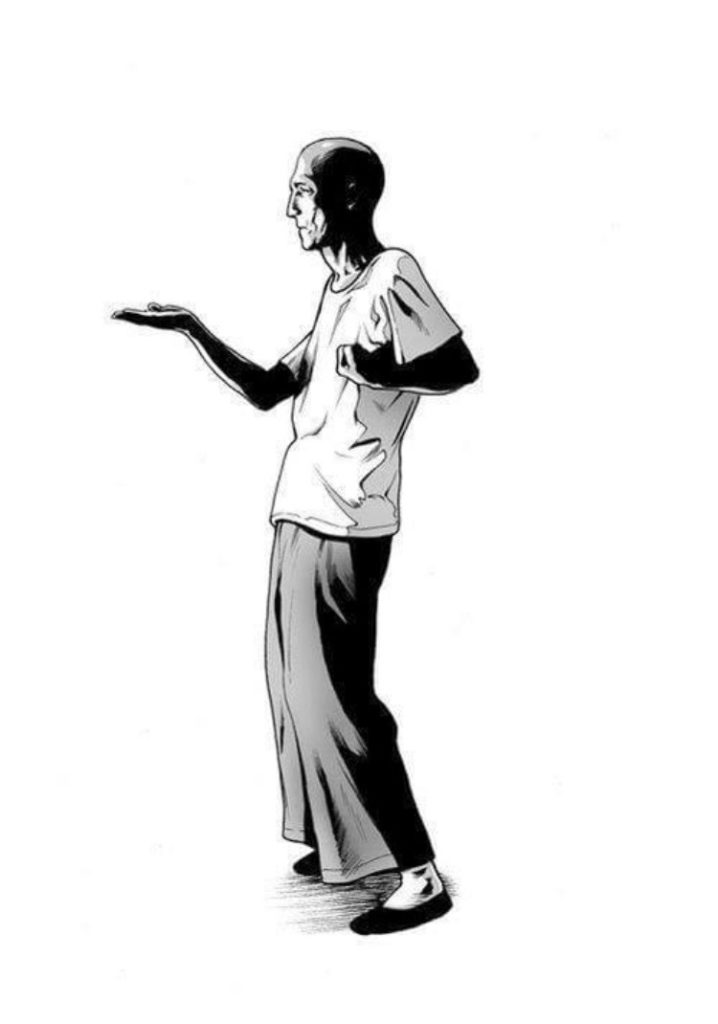How To Keep Learning Wing Chun And Not Get Stuck
As a beginner in Wing Chun I was fascinated by the style. It seemed so effortless and light, unlike anything I had seen previously in my other martial arts experience. My mind was open and I sucked up all the information like a sponge. Luckily my sifu had a full time school and it ran several days a week. I also took private tuition too, which helped.
As I read about Wing Chun, I applied the principles in classes, working on a different things over time. One principle I read about is the Luk Sau Jik Kuen or lost hand, strike forwards. The book I was reading explained to imagine the hands were attached to your partners jik seen (centerline) and upon loss of hand contact they should strike forwards without thought.
As I practiced this principle it became more and more unconscious until the point that I wouldn’t have to think about it. Then, sure enough if my partner lost contact with my hand, my arm/s automatically and instantaneously flew forwards towards my partner.
Over time though, you can easily get stuck in Wing Chun routines which no longer hold your attention. You fall into a trap of performing the same techniques, (that you are good at), and this can lead you down a rut.
At this point many people will quit.
An instructor I trained with explained how to get out of this rut extremely well. He said that as a beginner you’re at point “A”, where your mind is open and you’re like a sponge, absorbing information without any deliberation or conscious rejection.
Once you arrive at “B” you’re getting pretty good at certain things. You can easily make the mistake of thinking you’ve “arrived” and it feels good to have developed a certain level of skill. However, this stage is where you get stuck because you’re not only stuck in routine, but also you now perceive yourself as the “authority”, rejecting ideas which don’t match your own.
You’re no longer the sponge, absorbing new information. Your cup has become full! Pretty soon, you find other students (who are training harder than you) are catching you up! You’ve been resting on your laurels and your identity has you trapped! How can you be the “authority” when your juniors are beating you! Now you have a quandary: How can you remain in your identity as the “senior”, when your juniors are getting the better of you? Your ego has you trapped!
So what’s the answer to get to “expert” level or “C” the next skill level up?
The trouble is you can’t get to “C” from “B” because your cup is too full. It has become very difficult to accept new ideas because you’re too full of ideas of your own! The answer is you have to go back to “A” where you are like a sponge again to get to “C”.
The beginners mind is where you are open and ready to accept new information. Once you get to a certain level in a martial art, it’s useful to go elsewhere and learn from another teacher. Otherwise you end up losing interest and leaving anyway. This is why many Sifu’s will recommend that their students leave and train with someone else once they have trained for a number of years. Another teacher can offer another train of thought – even when training in the same lineage, or begin again in another style with your empty cup again.
Once upon a time, there was a wise Zen master. People traveled from far away to seek his help. In return, he would teach them and show them the way to enlightenment.
On this particular day, a scholar came to visit the master for advice. “I have come to ask you to teach me about Zen,” the scholar said.
Soon, it became obvious that the scholar was full of his own opinions and knowledge. He interrupted the master repeatedly with his own stories and failed to listen to what the master had to say. The master calmly suggested that they should have tea.
So the master poured his guest a cup. The cup was filled, yet he kept pouring until the cup overflowed onto the table, onto the floor, and finally onto the scholar’s robes. The scholar cried “Stop! The cup is full already. Can’t you see?”
“Exactly,” the Zen master replied with a smile. “You are like this cup — so full of ideas that nothing more will fit in. Come back to me with an empty cup.”


